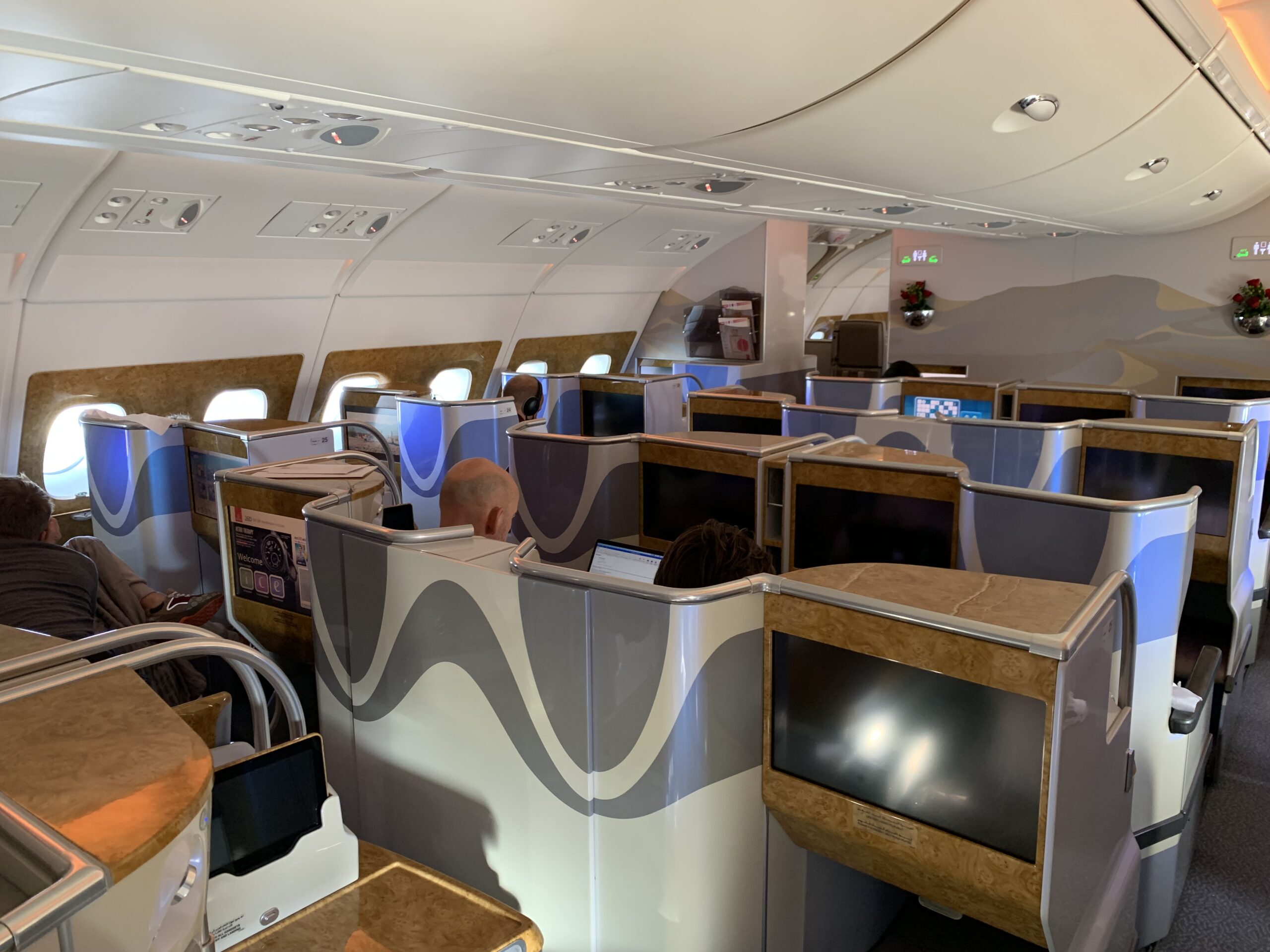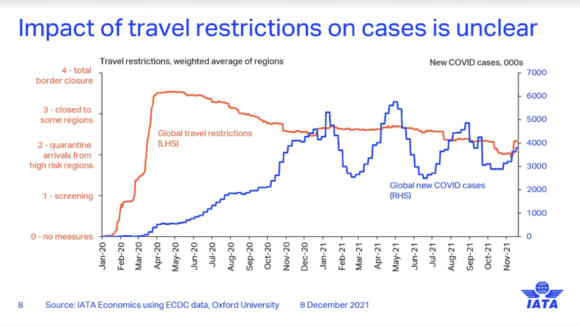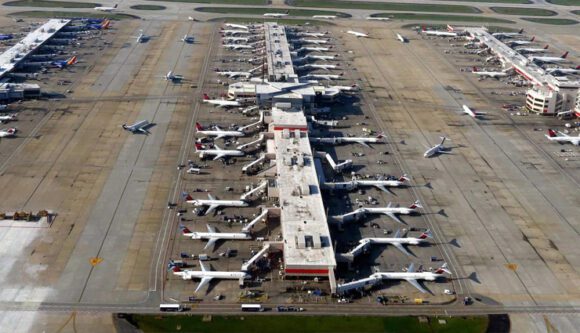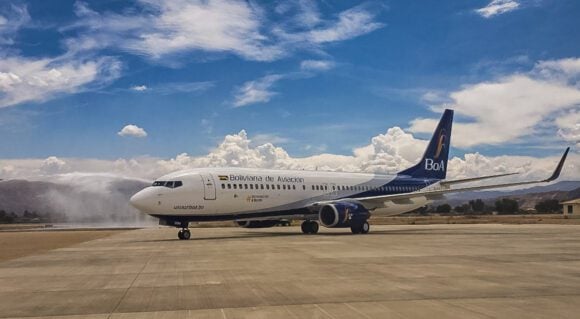
IMG 9969 scaled
Airline association IATA maintains its view that air travel should not be penalized for the new Omicron variant. Even now that the mutated Covid-virus has spread from Southern Africa to 57 countries worldwide, imposing flight bans and closing borders are not the solutions but scientific risked-based decisions should be, Director-General Willie Walsh said during a media briefing on December 8. IATA says aviation isn’t to blame for Omicron.
“The risk is not in aviation, the risk is in the community”, Walsh said. Yet, in the first days after Omciron was detected, there were fourteen passengers diagnosed with the mutation on two KLM flights out of Johannesburg. How can you then exclude aviation from being a risk, AirInsight asked.
Walsh responded a little agitated and cynical: “It’s not just aviation. Let’s stop people traveling by car, by bus, by train, by boat. Let’s stop people from walking, cycling, moving, let’s lock everybody in the houses if that is what you want. These variants can appear anywhere, that’s the reality. We will have more variants. But as the World Health Organization (WHO) says: don’t penalize the countries that find them. The idea that you don’t have variants when you don’t fly is just complete nonsense.”
Walsh showed data that should confirm that there is no direct relationship between the introduction of travel restrictions and the up and down curves of new Covid-cases.
IATA slide trying to proof that there is no relation between travel restrictions and new Covid cases. (IATA)
On the punishment of countries, Walsh referred to South Africa which has been ‘hammered’ since it announced that it had found the Omicron mutation first and informed the WHO. “We have to learn to live with this virus, that’s what the scientists are telling us. Take sensible and effective measures, which principally evolve around vaccinations that appear to be effective against this variant. So we need more of the world to be vaccinated. The idea that Africa is only about 7.5 percent vaccinated isn’t right.” South African President Ramaphosha reacted with criticism and incomprehension on the travel bans. German and South African scientists have said on December 8 that the current vaccines might not fully cover the effects of Omicron, although more research is needed.
While some airlines publicly reported on a softening of bookings or seen outright cancelations, they will only show in the November figures at the earliest that IATA will publish in January. October bookings were still strong and flight schedules seem to be on the rise, even into January. Walsh said that people are ‘savvier than governments think, they know about the virus and are willing to travel, although he also sees that the last-minute introduction of PCR tests at various airports take people by surprise and is a huge disincentive.
Restrictions and bans don’t achieve the stated objectives. In line with what the WHO says, countries should regularly update their policies when new data becomes available, Walsh quoted from WHO and European Center for Disease Prevention and Control (ECDC) documents. “But it is clear to us that the aviation and travel industry are portraited as the poster-child to transmit fear, to transmit the messages governments want to and force people to restrict their movements to comply with the Covid requirements.”
Too early to quantify financial damage
It’s too early to quantify the financial damage that the latest restrictions mean to airlines, most of them no longer protected by payroll and furlough schemes. “Where governments impose restrictions and prevent airlines from flying in the interest of public health, then airlines are justified into looking to governments providing support. In the same way as governments are supporting other segments of the economy”, said Walsh.
“But I am still optimistic that this will be a short-term issue because it is clear to everybody that the evidence that is becoming available to us is more positive than many people have believed. The scare was because of the knee-jerk reaction from governments based on no evidence. Closing the borders after the virus has got into your country isn’t going to achieve anything.”
Views: 0




